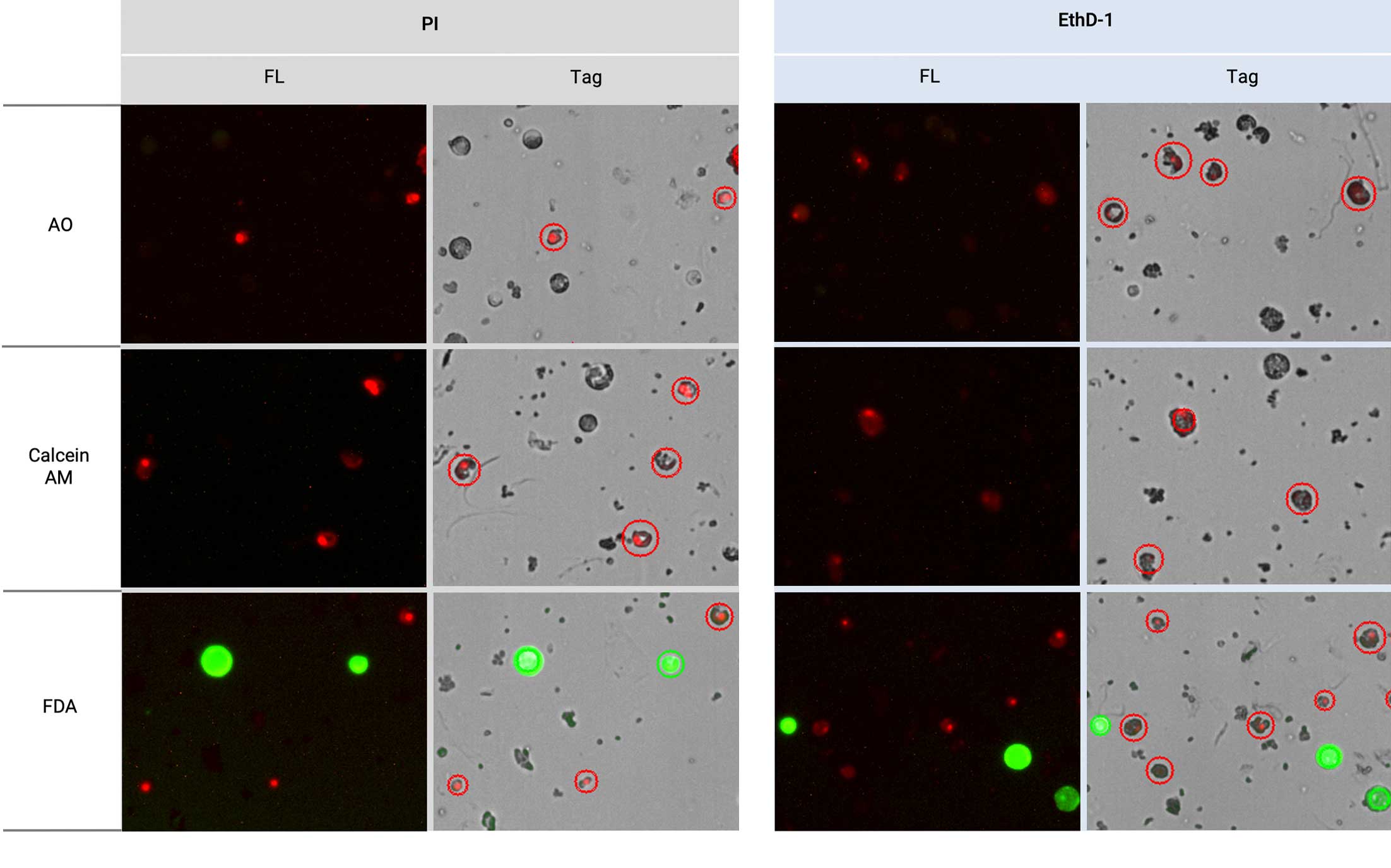The Edge of Advanced Cell Counting in Plant Science
Protoplasts, essentially plant cells devoid of cell walls, are obtained through enzymatic or mechanical means. These unique cells are crucial in plant science for their totipotency and ability to serve as experimental systems to explore plant cell structure, chemistry, and function.
Historically, protoplast viability was assessed by culturing them until they developed into complete plants, which was a time-consuming process lacking immediate results. The LUNA-FX7™ Automated Cell Counter transforms this process by enabling rapid viability determination using double staining with distinct-colored fluorescent dyes.
The isolation involves preparing seedlings, chopping, digestion, and various stages of washing, centrifugation, and resuspension. For fluorescence staining, a mixture of protoplast cells and green and red fluorescent dyes is prepared, loaded, and analyzed using the LUNA-FX7™
A study focused on identifying optimal dye combinations concluded that FDA/PI or FDA/EthD-1 are the most effective for protoplast viability assessment. While these dyes effectively stain protoplast nuclei, adjustments in RF exposure levels are necessary to detect adequate signals.
Interestingly, the performance of green fluorescent dyes like AO and Calcein AM varies based on the buffer used. This variation is attributed to differences in osmolarity and pH, which significantly influence cell and dye performance.
The study highlights that FDA/PI or FDA/EthD-1 dyes are most effective in staining protoplasts. It emphasizes the importance of immediate cell counting post-staining to minimize background noise. The findings also reflect the variability in dye performance depending on cell types and buffers, underlining the need for careful selection of dyes and protocols for accurate viability assessment using the LUNA-FX7™.
For more information about the LUNA-FX7™ Automated Cell Counter, visit https://logosbio.com/luna-fx7/.
To read full application note about counting protoplast with the LUNA-FX7™ Automated Cell Counter, click the following link https://logosbio.com/application_notes/counting-protoplast-with-the-luna-fx7-automated-cell-counter-optimal-fluorescent-dye-combinations/









